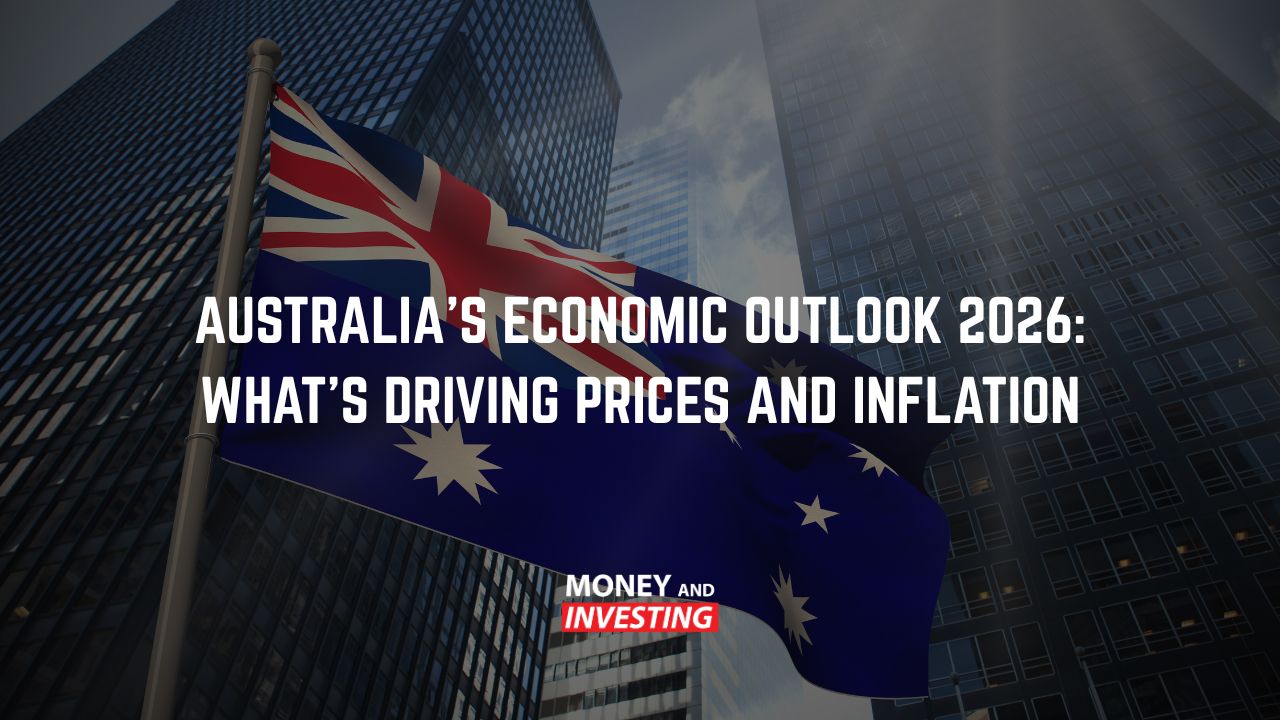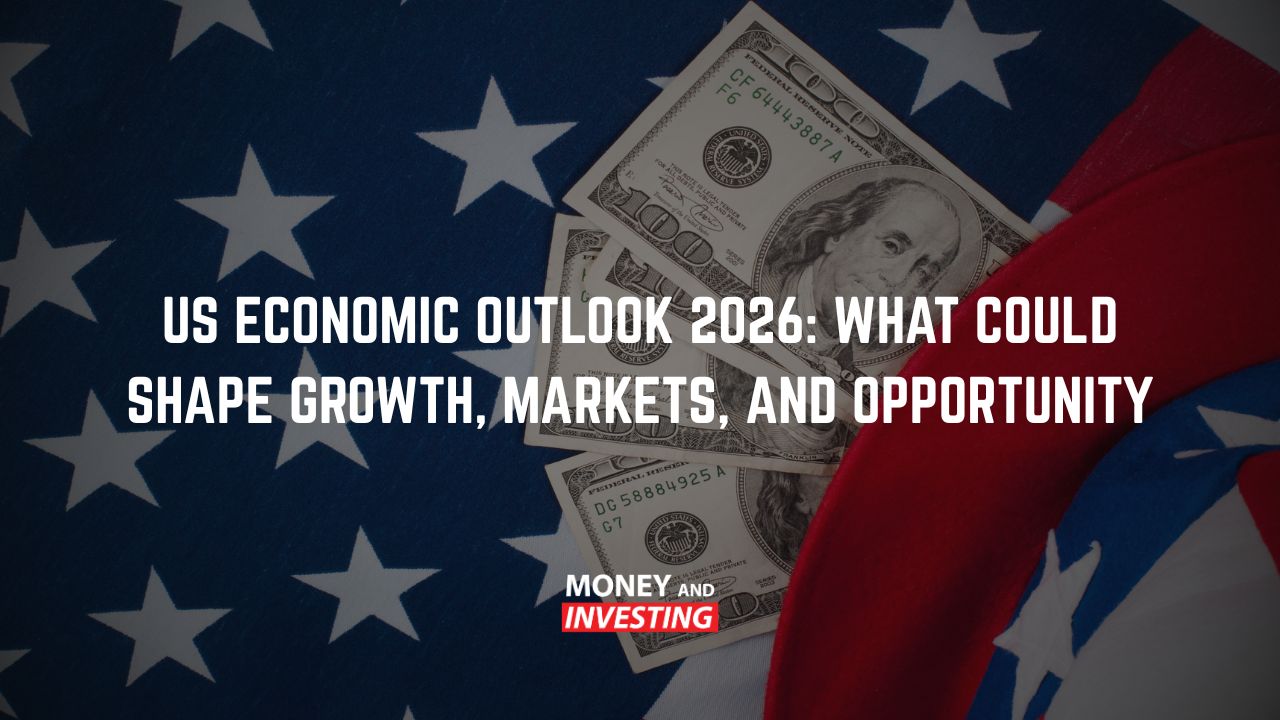Governments have the control when it comes to policy and this power does affect the economics of a nation as well. Join us this week as discuss some of the crossover between economics and politics, specifically the housing market and inflation:
The Property Market
The Australian housing shortage has been a major talking point in the political sphere over the last few years. Host Andrew Baxter notes that although less supply of housing is great for those renting out their property, the ones looking for somewhere to live are forced into paying more as they have no alternative. In essentially every part of Australia, there are so few available houses as most are occupied virtually all of the time. Overall, this shortage is causing some serious financial hardship to those impacted and there is no clear solution in sight for what comes next. As a matter of fact, about 34% of household income now is being put towards simply living which is significantly higher than previously. Combined with other factors affecting the cost of living, there is a sinister recipe for some scary economic conditions. First home buyer statistics as well as building loan statistics are all bleak and all the while immigration is increasing and as it stands there is nowhere for them to live.
Inflation
While the housing crisis is taking place, Australians have also been dealing with astronomical inflation. With housing scarcity as well as your wages providing less buying power than they used to, living as a whole becomes a whole lot more expensive. In isolation, the effects of each of these factors can become more bearable with time, but in the case where the factors are combining and compounding, it can be difficult to envision things improving in a reasonable amount of time.
Housing Australia Future Fund
The government’s plan to combat this problem comes in the form of the Housing Australia Future Fund. Host Andrew Baxter explains that rather than being a direct spend from the government, they are borrowing $10 billion in order to facilitate funding for social and affordable housing. There are some issues with this however as the money is being borrowed and as such there is interest due on the repayments, likely in the form of bonds. This places some added pressure on the government to ensure the results of this scheme are effective in creating the affordable and social housing so that the cost of the interest is justified. As the years go by, this will add to compounding debt and could potentially cause issues down the line. Although the cause of building affordable housing is admirable and what is needed, it’s possible that this particular means could come with some unwanted side effects in the future. Based on government estimates of what it costs to build new houses and the added costs of building more recently, using simple multiplication reveals that it seems highly likely the spending will be significantly higher than intended.
Possible Solutions
It is a very difficult situation for a government to navigate with full confidence that what they implement will work to bring housing prices down. Host Andrew Baxter suggests creating incentives for different people or organisations to provide affordable housing themselves. For example, one can look to university accommodation where tax deductions are available while a large portion of the costs can be covered by rent that is received by tenants. Ideally, this rental cost to each individual would be a lot lighter than what we are currently seeing in the rental market, as this would entail an increased supply. Otherwise, if you wanted others to provide affordable housing other tax concessions and incentives could be determined to do so.



